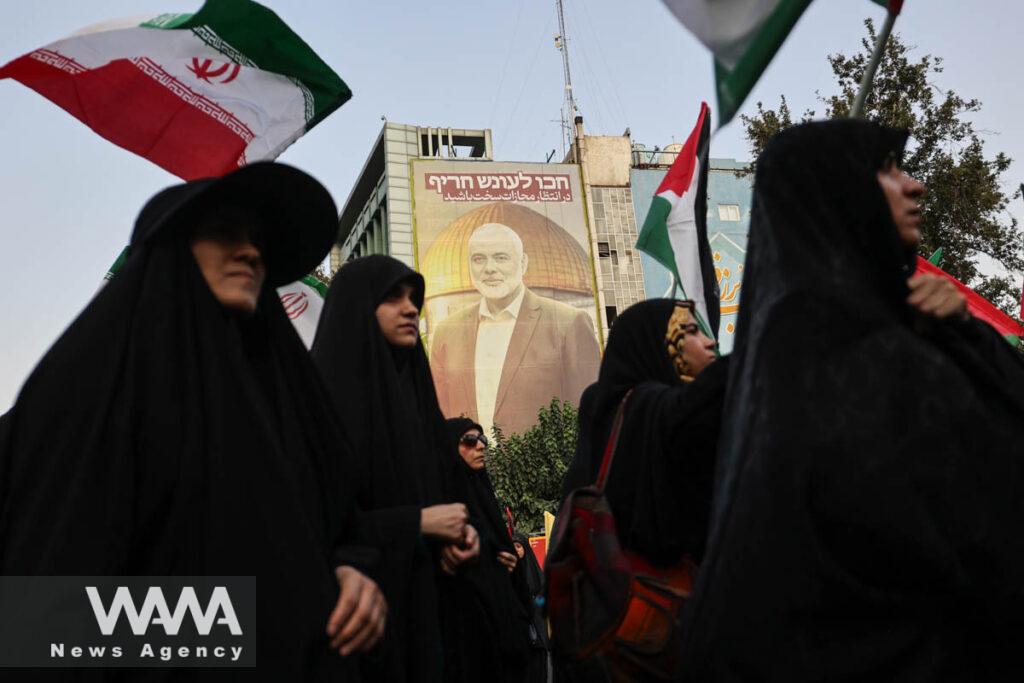Two Security Perspectives on Western Media’s Emphasis on Haniyeh’s Assassination with a Planted Bomb
WANA (Aug 04) – Yesterday, the third statement of Iran’s Islamic Revolutionary Guard Corps (IRGC) regarding the assassination of Ismail Haniyeh was published. The latest statement came as The New York Times, CNN, and some other media outlets claimed, citing informed sources, that Haniyeh was assassinated with a bomb planted in his room two months ago.
Dr. Mohammadi, an international affairs expert, stated, “The New York Times report is blatantly filled with fake news and written with the intention of psychological operations. The objective of the orderer, in my opinion, is to make the operation appear highly secure and thus present any military response as disproportionate.”
Another speculation about the reason for these fabrications in certain Western media is the high speed of Iranian intelligence agencies in identifying the roots of terrorist actions in the country. Security experts believe that the experience of Iranian security agencies in countering more than 50 active intelligence services in the region has made the Ministry of Intelligence and the IRGC’s Intelligence Organization powerful entities, making enemy psychological operations aimed at deceiving these institutions highly active.

Hamas Leader’s Funeral Amid Calls for Revenge
WANA (Aug 01) – A guest of the Islamic Republic of Iran, who was assassinated by a Mossad hit squad yesterday, was buried today in Tehran. The Supreme Leader of Iran led the prayer over the body of Hamas leader Ismail Haniyeh. The ceremony was held in the presence of high-ranking Islamic Republic officials […]
The anti-revolutionary media line in the Haniyeh assassination case is also noteworthy in its attempt to deceive Iranian security apparatuses and obscure the root causes of the assassination.
There are still many questions regarding Haniyeh’s killing, and Iranian officials have postponed addressing these until the completion of the investigative stages.
Within Iran, a portion of the reformist movement, which is a primary supporter of the West, is indirectly trying to steer the atmosphere towards calling off the government’s plans for revenge against Israel.
However, the realities on the ground show the majority of Iranian demands are for nothing less than retaliation. Backing down from punishing Israel would undoubtedly seriously damage the government’s credibility domestically.

A billboard with a picture of Palestinian group Hamas’ top leader, Ismail Haniyeh, is displayed during an anti-Israel gathering following the killing of him, amid the ongoing conflict between Israel and Hamas, in Tehran, Iran, July 31, 2024. Majid Asgaripour/WANA (West Asia News Agency)












